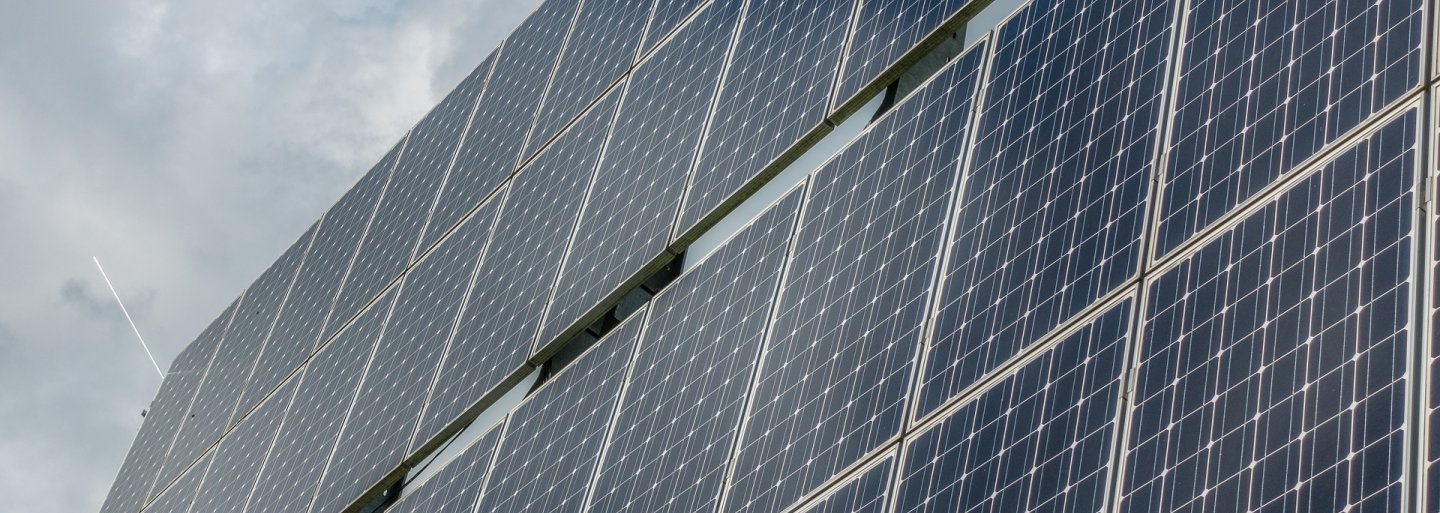
A trendy investment product of recent years has been solar energy projects: under the feed-in tariff (FIT) scheme, the government guarantees what looks like a cash cow for all those who choose to seek their fortune in this sector. But as is usually the case, this money won’t just fall into your lap. Without the necessary professional expertise or the proper legal groundwork, solar power projects can easily run out of steam too.

Don’t make a move without the proper know-how
A financial investor might easily feel tempted to simply buy into a project company that already has a FIT license, and just let things happen from that point on. Usually, however, this is not nearly enough. Both during the acquisition of the assets necessary for the investment, and when dealing with all the red tape, it takes a great deal of professional and market experience to get the project on track. For this reason, the involvement of an industry investor or strong professional partner seems indispensable.
Legal preparation is the key to securing finance
In most cases, solar power plant projects naturally go hand-in-hand with the use of bank financing. Unsurprisingly, banks have recently devised special financing packages with terms and conditions specifically targeted at solar energy projects. However, experience shows that lenders’ expectations with regard to these projects have not been relaxed in the slightest.
The bank’s lending decision is obviously based primarily on its own return. A failure to make the appropriate legal preparations, however, can easily cause the financing of a project to fall apart in these cases, too. During its due diligence audit of the project, the bank will check for the existence of the necessary permits, the most important of these being the FIT license that ensures that the state will buy the generated electricity. But often it is not clear who the beneficiary of the permit is. In several cases companies with FIT licenses split into project companies, the land boundaries might be altered on the property to which the license relates, or project companies may be sold. This frequently makes it difficult to keep track of who is actually entitled to carry out the investment.
In addition to the FIT license, another key aspect that is examined during the due diligence audit is whether the construction permit for the project, as well as the environmental permits, have been obtained. And if any of these contain some stipulation that endangers the investment, then the project owner can kiss the bank financing goodbye.
The lie of the land...
Another key issue relating to bank financing is the unambiguous legal status of the properties associated with the project. The bank regards the property involved in the project as one of the most important items of collateral. So ideally, at the start of the project, the site of the investment should already be taken out of agricultural use and be under the project company’s ownership, with the opportunity to encumber it as security without any major complications. This, however, is only the case for a tiny proportion of the investments. At the beginning of the project, the properties are usually classified as arable land or designated for other cultivation, and the project company – usually based on a preliminary agreement – is still waiting to obtain the title to the site. What’s more, the reclassification, and consequently the transfer of title, will in most of the cases not take place until the solar power plant is built. This can also lead to major complications with the financing of the project, as a preliminary agreement does not offer the bank adequate security, so it may demand the use of other solutions for ensuring legal certainty.
The financing is complicated even further if the project company is not the owner of the property, but only rents it. In such cases the precise legal nature of the future solar park is ambiguous, since from a legal standpoint it is not clear whether the solar park should be treated as a building or a moveable asset, and therefore what legal methods can be used to ensure its lawful use by a person other than the landowner, and its pledging as security for the bank. Owing to the legal uncertainties that this entails, banks are reluctant to finance products of this nature, so it is advisable to make sure that these legal issues have been cleared up before applying for the financing.
A stitch in time...
Even if legal uncertainties don’t actually render a project uncreditworthy, they will certainly have a serious effect on the timing. A by no means inconsequential benefit of a project, that has been properly considered from a legal perspective and prepared with the appropriate documents, is speed. In these cases, the time needed for the process of legal due diligence, and in turn the implementation of the project, can be substantially reduced, which is in the best interests of both the bank and the business. And ultimately, this may be reflected both in the overall profitability of the project and in the terms and conditions of the financing.




